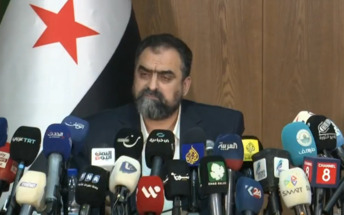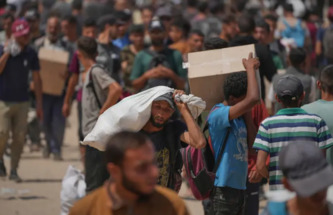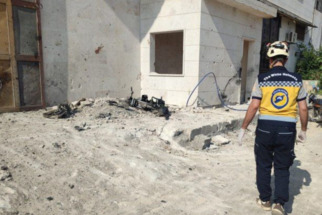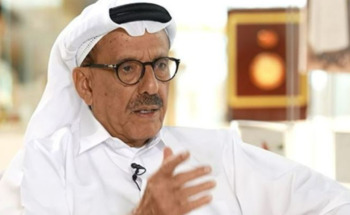-
The State of Tension in Syria: Civil Peace on a Burning Hot Plate
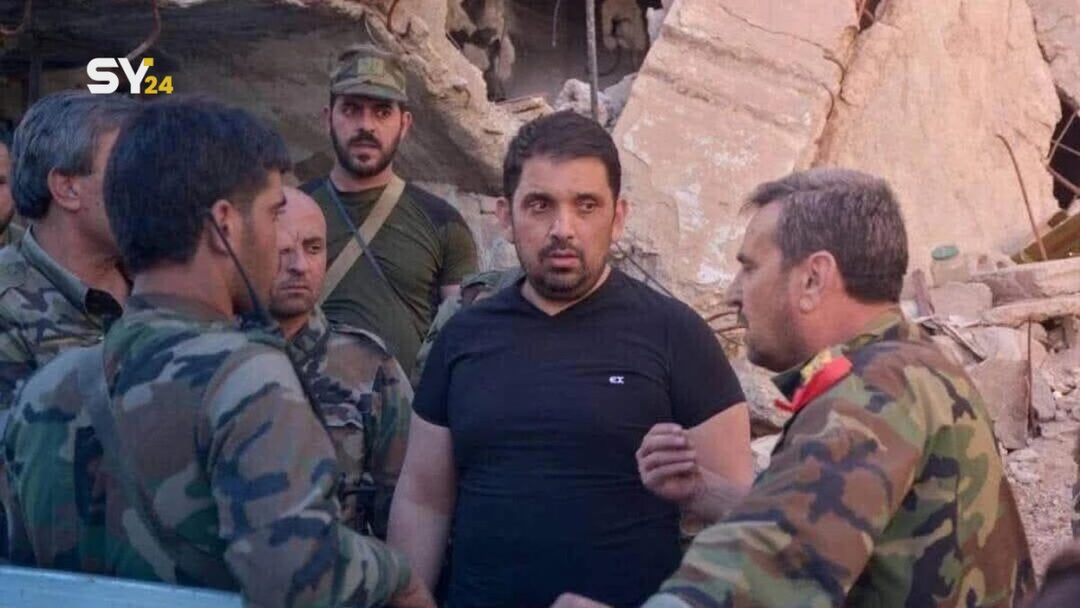
Syria is currently living under a new government that sparks widespread controversy, with voices of public anger rising, especially among those who consider themselves “the revolution’s children” and the families of victims and the disappeared. There are growing fears of an imminent social explosion amid strong condemnation of the release of members of the Assad regime’s forces—without trials or accountabilityand the ongoing release of criminals and those involved in the bloodshed of the Syrian people.
In recent months, with the activation of the reconciliation policy adopted by the regime, what is known as “civil peace” has emergedespecially after the massacres in the coast region last March, which were a response to attacks by regime remnants. However, this 'peace' has begun to trend toward internal escalation, as figures associated with the regime and individuals involved in crimes against the people are featured prominently again. Repeated releases from regime prisons continue without accountability.
While a limited number of detainees and missing persons remain in regime prisons—including the escape of senior officers and criminals—there is deep shock among hundreds of thousands of their families, who remain unaware of their loved ones’ fate. Calls for “transitional justice” are increasing to ensure the fair treatment of victims and to achieve just accountability, as is common in countries undergoing transitional justice after wars.
Yet, what is happening now, according to most revolution supporters, evokes dissatisfaction and fuels frustration. The release of war criminals and those involved in bloodshed continues, amid a sense of risking the right course. This is especially concerning with the appearance of figures known for their involvement in Syrian blood and their current promotion of “civil peace” plans. They receive security protection, while many criminals’ files are still called upon and kept in limbo.
The emergence of controversial figures like Fadi Saqr and others from the old regime, along with the return of major merchants and well-known war criminals, aggravates a state of popular provocation—especially with the ongoing lack of accountability and the absence of clear mechanisms to punish criminals, leading to a rise in individual anger and retaliatory acts in areas like Aleppo, Damascus, Latakia, and Tartus. This deepens the phenomena of chaos and widespread crime.
In a related context, human rights organizations like Human Rights Watch warn that the limited powers granted to the National Transitional Justice Commission hinder the chances of achieving justice for victims. They call on the Syrian government to expand community participation and ensure transparency in procedures to enhance the credibility of judicial and legal processes.
The Syrian Network for Human Rights also issued a report recommending legal reforms to enable the commission to operate independently, warning that executive approvals may weaken its effectiveness. They point to international experiences indicating that executive decisions are often less legitimate and effective than those issued through laws.
While Damascus has issued two laws to establish the Transitional Justice and Disappeared Authorities, headed by President Ahmed al-Shirsh, to investigate past violations, the international community and human rights organizations closely monitor the situation. The Syrian arena continues to suffer from deep dissatisfaction and fears of social explosion if policies do not change, selective releases cease, and justice remains absent.
Amid all this, the Syrian street emphasizes that neglecting justice and the accountability of criminals—fairly and transparently—threatens to prolong divisions and tensions. It also renders the issue of reconciliation a distant dream unless the rights of the people and their blood are placed at the forefront of national priorities.
Tags
You May Also Like
Popular Posts
Caricature
BENEFIT Sponsors BuildHer...
- April 23, 2025
BENEFIT, the Kingdom’s innovator and leading company in Fintech and electronic financial transactions service, has sponsored the BuildHer CityHack 2025 Hackathon, a two-day event spearheaded by the College of Engineering and Technology at the Royal University for Women (RUW).
Aimed at secondary school students, the event brought together a distinguished group of academic professionals and technology experts to mentor and inspire young participants.
More than 100 high school students from across the Kingdom of Bahrain took part in the hackathon, which featured an intensive programme of training workshops and hands-on sessions. These activities were tailored to enhance participants’ critical thinking, collaborative problem-solving, and team-building capabilities, while also encouraging the development of practical and sustainable solutions to contemporary challenges using modern technological tools.
BENEFIT’s Chief Executive Mr. Abdulwahed AlJanahi, commented: “Our support for this educational hackathon reflects our long-term strategic vision to nurture the talents of emerging national youth and empower the next generation of accomplished female leaders in technology. By fostering creativity and innovation, we aim to contribute meaningfully to Bahrain’s comprehensive development goals and align with the aspirations outlined in the Kingdom’s Vision 2030—an ambition in which BENEFIT plays a central role.”
Professor Riyadh Yousif Hamzah, President of the Royal University for Women, commented: “This initiative reflects our commitment to advancing women in STEM fields. We're cultivating a generation of creative, solution-driven female leaders who will drive national development. Our partnership with BENEFIT exemplifies the powerful synergy between academia and private sector in supporting educational innovation.”
Hanan Abdulla Hasan, Senior Manager, PR & Communication at BENEFIT, said: “We are honoured to collaborate with RUW in supporting this remarkable technology-focused event. It highlights our commitment to social responsibility, and our ongoing efforts to enhance the digital and innovation capabilities of young Bahraini women and foster their ability to harness technological tools in the service of a smarter, more sustainable future.”
For his part, Dr. Humam ElAgha, Acting Dean of the College of Engineering and Technology at the University, said: “BuildHer CityHack 2025 embodies our hands-on approach to education. By tackling real-world problems through creative thinking and sustainable solutions, we're preparing women to thrive in the knowledge economy – a cornerstone of the University's vision.”
opinion
Report
ads
Newsletter
Subscribe to our mailing list to get the new updates!


